As any Darwin aficionado will tell you, as this celebratory week draws to a close, there is one biography of Charles Darwin that stands out from the crowd.
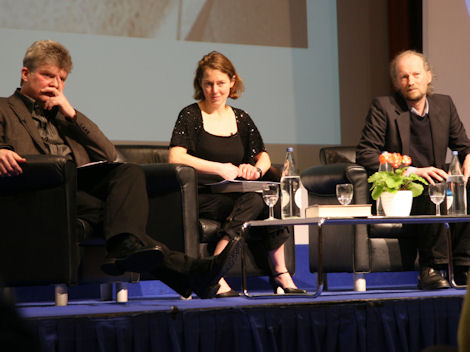
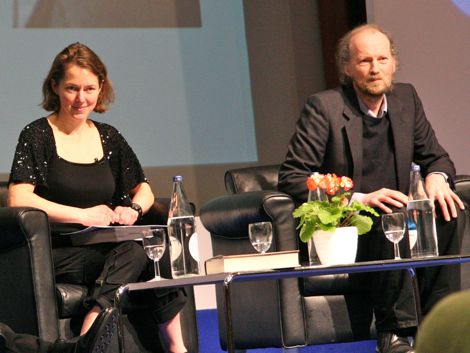
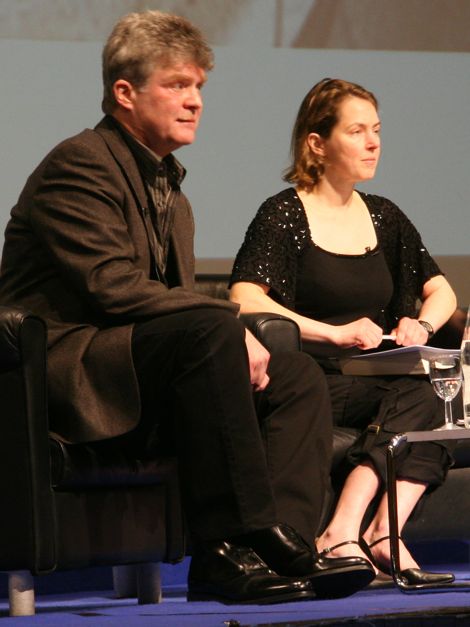
Not only is Adrian Desmond’s and James Moore’s 1991 ‘Darwin‘ comprehensive at 677 pages before the notes, it’s brick-like iconicity somehow speaks of closure, the last word, to any further debate about Darwin.
On a personal note, not withstanding Janet Browne’s Voyaging and Power of Place, which are both excellent reads, and show that Darwin was not in fact the last word, I have a particular affection for the Desmond and Moore biography. It’s simply one of the few books of length that I’ve ever found the right combination of time and inclination to read right through non-stop; it took about a week one Christmas holiday. And as with all good biographies of departed figures, that level of immersion leaves one genuinely saddened when the subject dies.

So it was with some interest last Monday, that I walked the whole 100 feet or so from my department at Imperial College to the Great Hall, to join a public conversation with Olivia Judson interviewing Adrian Desmond and James Moore. The theme – the authors’ NEW book, ‘Darwin’s Sacred Cause‘.
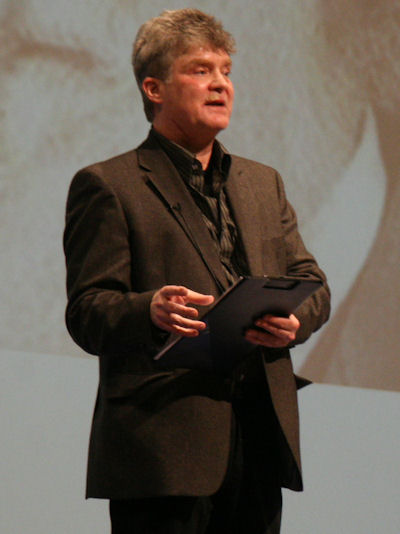
This post isn’t a book review. As much as I’d like to drop everything else and read it – I haven’t found the time yet! Thankfully, it looks nothing in length like (as Desmond reminded us at this session) ‘the brick’.
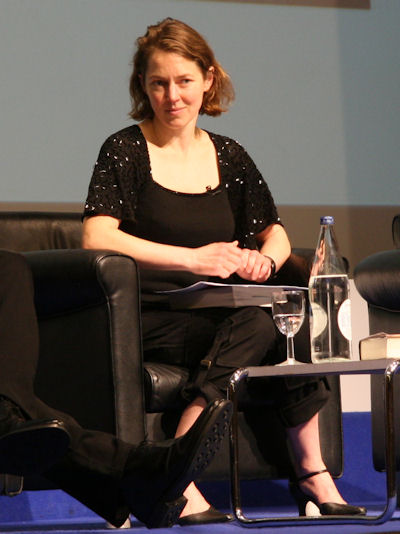
Rather – before it becomes completely old news, I’ll point you to this online lecture podcast from Imperial College that helpfully captures the whole session.
That said, as a brief preview, the focus of the conversation is around Darwin and race, and the argument that man (as opposed to finches and other animals) was the core motivation behind developments in the theory of natural selection and the writing of the Origin of Species. The Origin itself, we are told, was originally conceived to include extensive discussion on man and race. The authors further link Darwin’s feelings about race back to a family upbringing and tradition steeped in benevolence and an active opposition to slavery.
Enough said for now – maybe more when I’ve read the book!
RELATED POSTS ON THIS BLOG